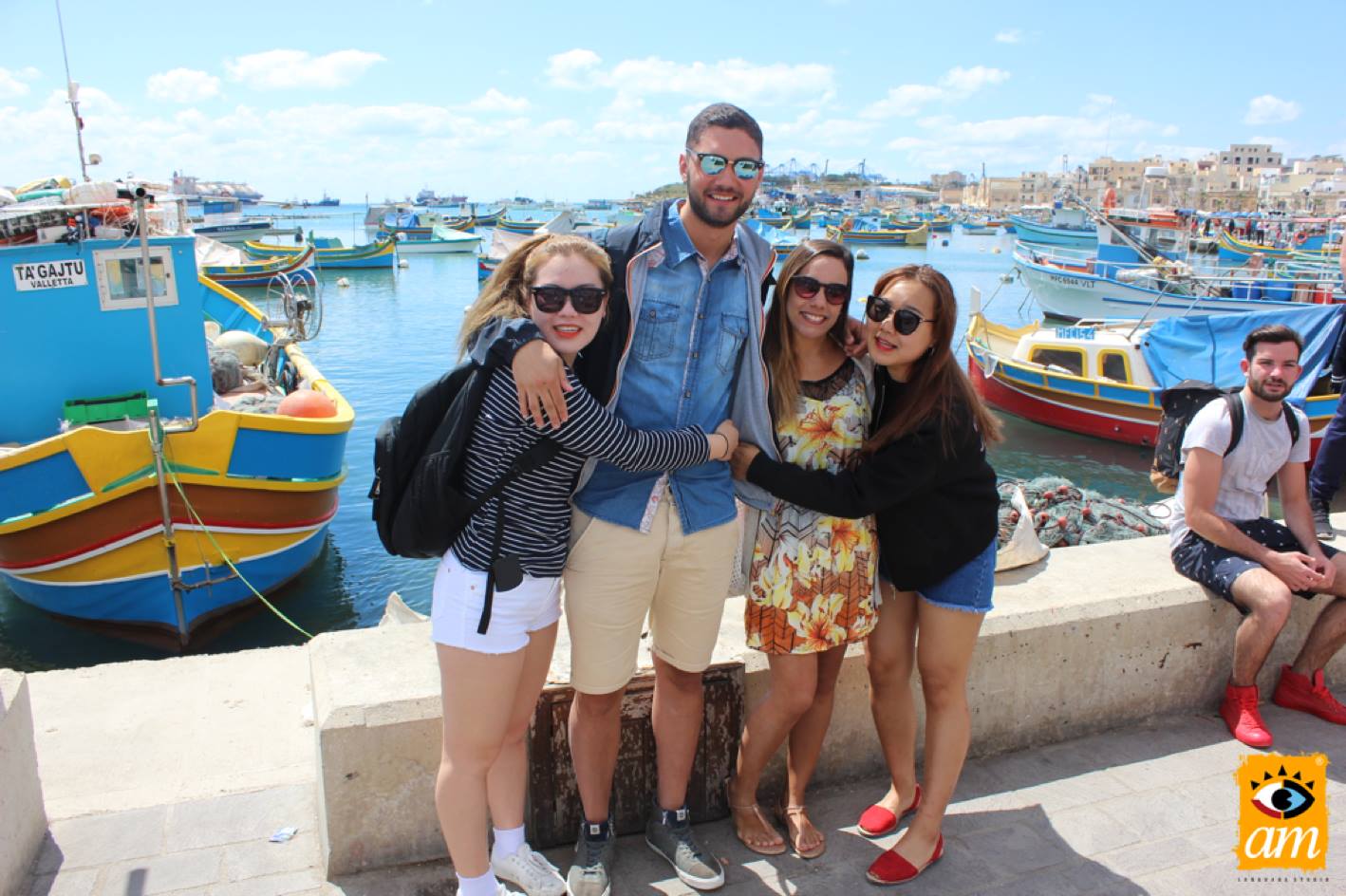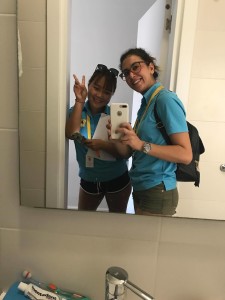Here at am Language Studio we love learning about our students’ countries and one of the most represented countries here is the Republic of Korea which this week celebrated one of their most important days in modern history! Here is a look at the event through the eyes of Jeini who has been with us since February!!
The Korean Peninsula was liberated from imperial Japanese colonial rule in 1945. In 1945, Korea finally restored its sovereignty that had been stolen by Japan for 36 years. It is the day when Japan declared unconditional surrender and the World War 2 was over, which made Korea restore its own power. ‘Gwangbok‘ means to regain the light, which perfectly describes the restoration of national independence that was lost for 36 years under the Japanese invasion. So this day is glorious National Liberation day. It is celebrated every year on 15th of August, and it will be marking 72st year of Independence in 2017.
All buildings and homes are encouraged to display the South Korean national flag ‘Taegukgi’. The day is marked by different activities and events throughout the day, including an official ceremony with the president in attendance that takes place at the Independence Hall of Korea in Cheon or at the Sejong Center for the Performing Arts.
I’ve been here in Malta, I’m grateful that I can live like this. Today I went kayacking, I could enjoy this because of the wonderful people who sacrificed for our country. There is always gratitude for them in my hearts. All this secure and free life is thanks to people who the fight for independence. If our country had not been independent and under Japanese rule, I would not be able to come abroad comfortably and study like this. If our ancestors didn’t want to be so independent, I wouldn’t be able to live like this. Give them an infinite amount of gratitude.
By Jeini Lee











